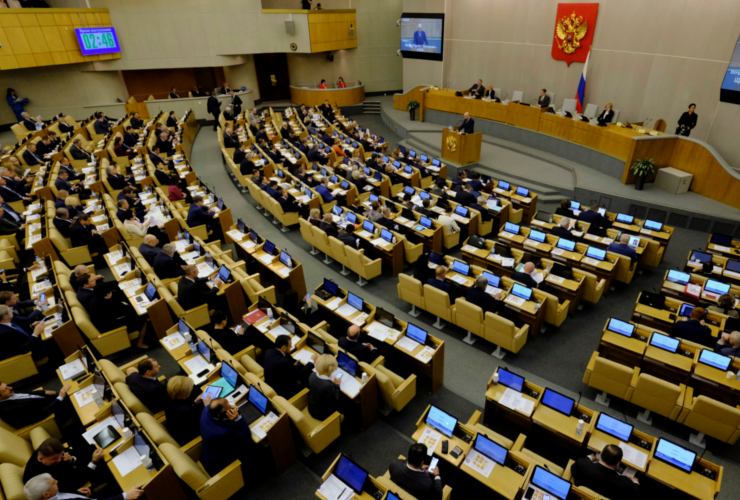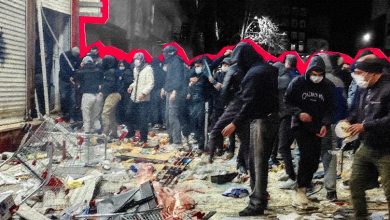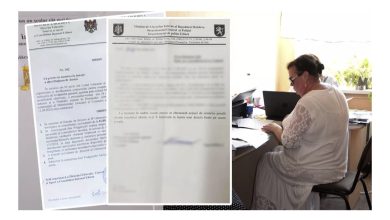The IPI Expresses Concern over the Draft Law Giving Prosecutors the Right to Ban Foreign Press in Russia

In a public appeal, the International Press Institute (IPI) expresses concern about the approval of the draft law giving the prosecution the possibility to “close, censor, or block” institutions’ websites without a court decision in this regard in the first reading by the State Duma of Russia.
The IPI notes that, according to the draft law voted on May 24 in the first reading by the lower house of the Moscow legislature, media institutions shall be immediately deprived of their licenses or their registration shall be revoked if they publish any information which the authorities consider false or materials which discredit the Russian armed forces or call for sanctions against Russia. Moreover, journalists could be prosecuted for quoting or republishing information from reports which discredit the armed forces or contain “fakes” about them.
In addition, the new provisions will also give the prosecution official powers to ban and restrict foreign media operating in Russia and the right to revoke accreditation of correspondents and journalists of these media institutions.
Therefore, the Attorney General and his deputies will be able to apply restrictive measures within the framework of extrajudicial proceedings against media institutions in the following new circumstances: in case of publishing the information which discredits the Russian armed forces; in case of publishing false information about the Russian armed forces or state authorities abroad; in case of calling for organization and participation in rallies or unauthorized events, such as protests or calls for sanctions against Russia, its citizens, or companies; disrespect for society, the state, the state symbols, the Constitution, and the state authorities; information threatening public safety or able to cause mass civil disorder, or false information about the steps taken to ensure citizens’ security.
“If approved, this media law would be one of the most draconian in the world and would represent the final legal nail in the coffin for any form of independent or watchdog journalism in Russia,” IPI Deputy Director Scott Griffen said. According to him, “the reality is that since the war in Ukraine began, the State Prosecutor’s Office has already censored, blocked and threatened into submission what remained of the country’s free media which dared to challenge the Kremlin’s narrative about the invasion.”
Scott Griffen considers that these amendments “provide legal grounds for the widespread state censorship.”
The IPI writes that, in recent months, Roskomnadzor, the media regulating authority, has blocked access to more than 120 media websites in Russia, and more than a hundred journalists have left the country.
The State Duma in Moscow explains that the suggested steps are a response to “the foreign states’ unfriendly actions against the Russian press abroad.” Vasily Piskarev, head of the Commission on the Investigation of Foreign Interference in Russia’s Internal Affairs and co-author of the draft law, previously explained that the document “would serve as an appropriate response to hostile actions against domestic journalists.” “For several years now, there has been a massive campaign in the West to discredit the Russian press and to create unbearable conditions for their activities. We are talking about the refusal to provide accreditation for official events, as well as about creating obstacles for banking services and cessation of re-broadcasting, cases of detention at the borders and even arrests and prosecution of journalists for their professional activities and their membership in the Russian press,” Piskarev added.




